Genesis
Genesis 10:1−11:26
Mankind’s hubris—the making of a name for itself—prevents its experiencing God’s blessings.
There are two genealogies (Gen 10:21–31 and 11:10–32) surrounding the Tower of Babel narrative (11:1–9). While the first five in the series are paralleled in both genealogies, 10:25 breaks away after the mention of Peleg (which means “division”). The resumption of the genealogy through Peleg and onwards occurs at 11:10, after an exposition of the division and how
Genesis 6:9−9:29
The intercession of the righteous, who themselves escape God’s judgment for sin, precludes further judgment on the world, and the empowerment of mankind to act on God’s behalf keeps ongoing sin under check.
Thus far, while God’s reaction to sin had been somewhat muted, here sin is punished and retribution visited upon all sinners with full intensity—for the first time in Scripture. This narrative, also for the first time, depicts divine choice and the salvation
Genesis 5:1−6:8
Loss of godliness is an ever-present danger that has consequences, yet for those who “walk with God” there is the reward of intimacy with him.
So far in Genesis, sin has been on the increase. That momentum does not abate here; indeed, this passage culminates in God’s intent to destroy all mankind, except for Noah and his family—the consequence of human wickedness.
The ten paragraphs dealing with ten patriarchs in 5:1–32 follow a formulaic structure providing the
Genesis 4:1−26
Man’s pride propagates and perpetuates his sinful rebellion against God, inviting God’s discipline, while God’s grace promises respite from the effects of sin.
Adam and Eve do not have to wait for each other’s death to see God’s judgment of death come to pass—the catastrophic consequence of their rebellion. Before the end of their own lives, they are witness to the slaying of their second son, and the exile of their first away from the presence of God. While
Genesis 2:4−3:24
Man is to live in dependence upon the Creator, but the assertion of human independence from God—the root cause of sin—has devastating consequences.
This section commences with a refocus upon the creation of mankind—created to be dependent upon God (2:7), with God providing everything for its needs, for its existence and for its sustenance.
Optimal function within the divine order mandates the complementary functioning of male and female units; community is thus an
Genesis 1:1−2:3
God exercises his sovereignty over the cosmic Temple over which he reigns, deputizing humans bearing his image, to represent him to the rest of the cosmos.
The first chapters of Genesis contain a theology of creation that asserts the bankruptcy of the contemporary pagan creation stories of the cultures surrounding Israel, with their mistaken notions of the nature of deity, the idolatry of astronomical bodies and natural entities, and a misunderstanding of the place and
Genesis: Introduction
This is the first in a series of posts on each pericope of Genesis. This will essentially be a distillation of what is in my commentary (Genesis: A Theological Commentary for Preachers; more on the book, and a free chapter download, here). Of course, the book contains far more detail than can be reproduced

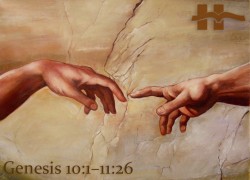
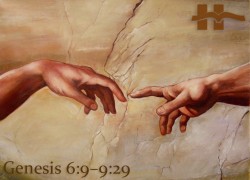
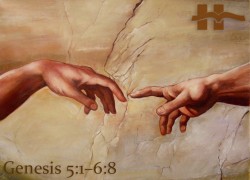
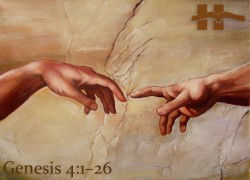
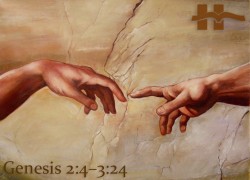
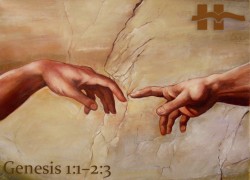
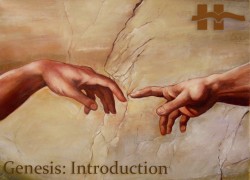











 Abe Kuruvilla is the Carl E. Bates Professor of Christian Preaching at The Southern Baptist Theological Seminary (Louisville, KY), and a dermatologist in private practice. His passion is to explore, explain, and exemplify preaching.
Abe Kuruvilla is the Carl E. Bates Professor of Christian Preaching at The Southern Baptist Theological Seminary (Louisville, KY), and a dermatologist in private practice. His passion is to explore, explain, and exemplify preaching.